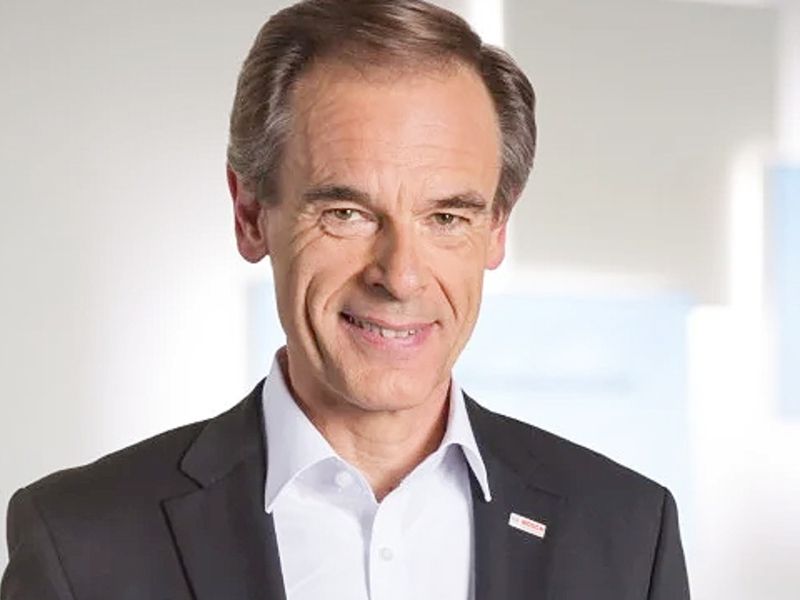
Nothing that Bosch has faced in recent years has been able to shake the world’s largest parts supplier from its pedestal.
Not a global production standstill. Not a global microchip shortage. Not even a major management turnover.
Bosch’s global CEO Volkmar Denner, CFO Stefan Asenkerschbaumer and supervisory board Chairman Franz Fehrenbach announced their departures just last week, Automotive News affilliate Automobilwoche reported.
Curveballs aside, the German megasupplier has long occupied the No. 1 spot on Automotive News‘ annual Top Suppliers ranking of the world’s biggest original-equipment producers. This year is no different.
With 2020 original-equipment volume of $46.52 billion — 8.3 percent lower than its 2019 results — Bosch has hardly been phased by the challenges it has faced in the past 12 months.
Part of its knack for maintaining its global footprint has been investment in new technologies. Over the past decade, Bosch has poured nearly $6 billion into electric vehicle technology and has plans to invest an additional $834 million this year.
Bosch also is planning capital expenditure investments of $360 million this year, the company said in an annual performance call this month.
The company opened a new $1.2 billion semiconductor plant in Dresden, Germany, in May, the single largest investment in company history. That move — years in the making — should prove timely, given the ongoing microchip crisis that has cut about 4.6 million vehicles from production schedules, by AutoForecast Solutions’ latest count.
Bosch continues to make other strategic moves, including an internal business-unit restructuring that is drawing together 17,000 people in a combined software and electronics division. The supplier also is bolstering its position in the self-driving realm through a partnership with chipmaker GlobalFoundries to develop radar chips for automated vehicles.